Aphrodite
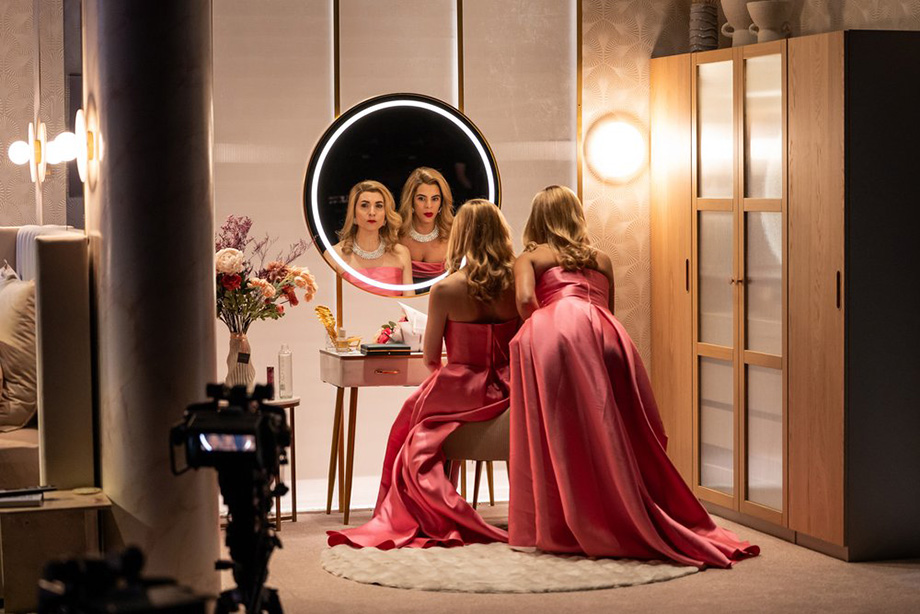
‘I’m a thread in a garment, a leaf on a tree.’
Laura Lethlean
Operas come in all shapes, sizes, and venues. Having just returned from a visit to New York’s Metropolitan Opera House to see the final performance of an outstanding production of American John Adams’s new opera, an adaptation of Shakespeare’s Anthony and Cleopatra, it was quite an adjustment to see fellow American Nico Muhly’s latest opera, Aphrodite, commissioned and staged by Sydney Chamber Opera at their usual venue, Sydney’s Carriageworks. Adams’s opera calls for many soloists, supplemented by a large chorus and orchestra; Muhly’s work involves two singers and seven instrumentalists. The Metropolitan is the largest opera house in the world; Carriageworks is rather more intimate.
Continue reading for only $10 per month. Subscribe and gain full access to Australian Book Review. Already a subscriber? Sign in. If you need assistance, feel free to contact us.






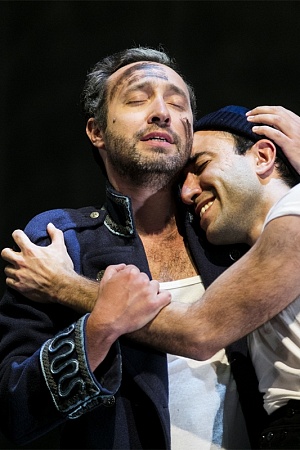
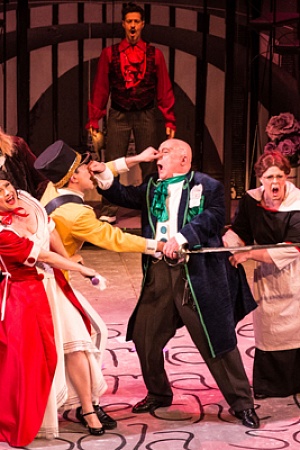
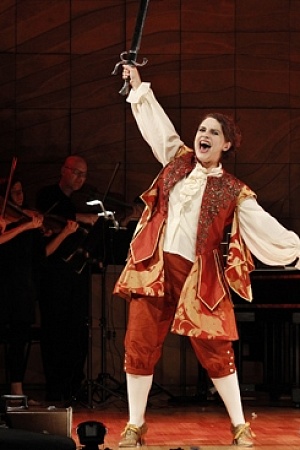
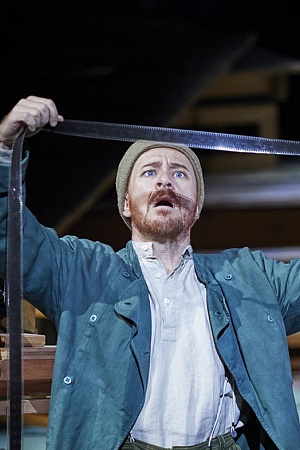
Leave a comment
If you are an ABR subscriber, you will need to sign in to post a comment.
If you have forgotten your sign in details, or if you receive an error message when trying to submit your comment, please email your comment (and the name of the article to which it relates) to ABR Comments. We will review your comment and, subject to approval, we will post it under your name.
Please note that all comments must be approved by ABR and comply with our Terms & Conditions.